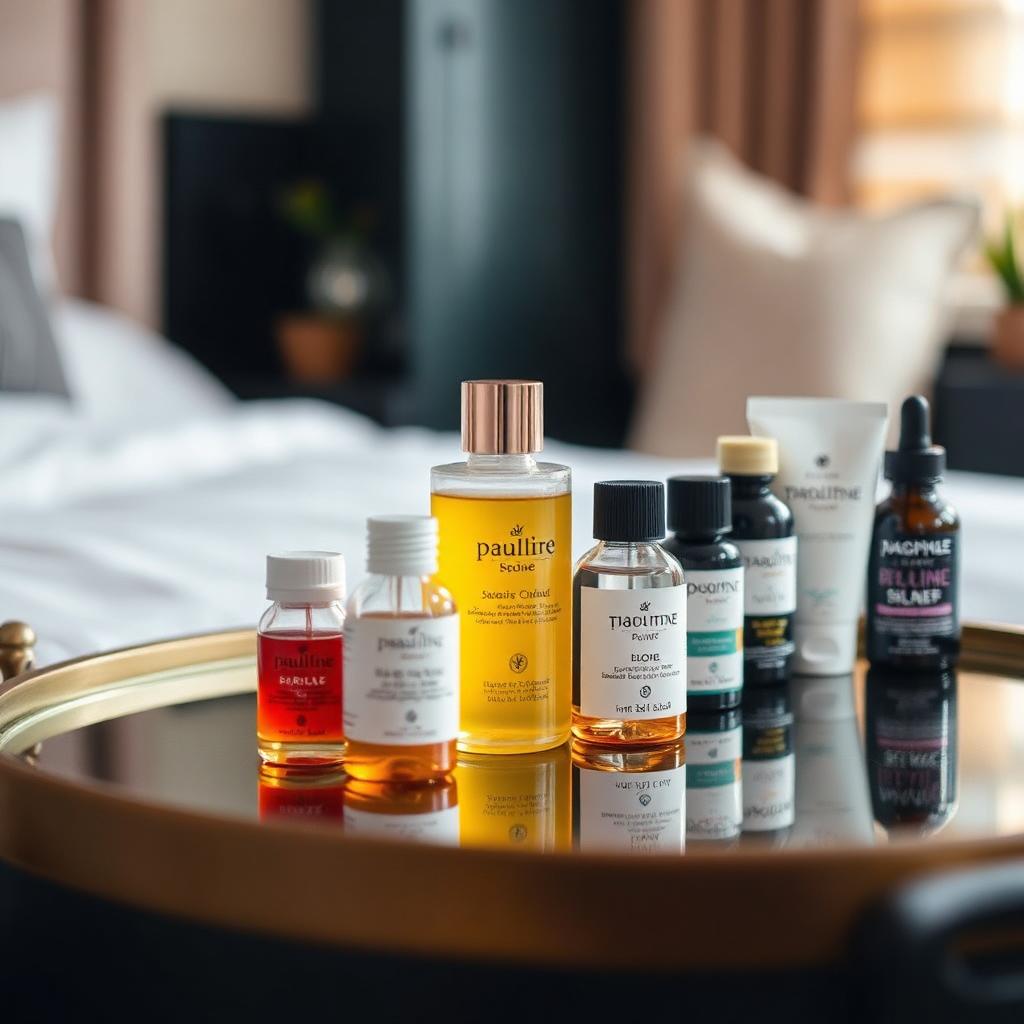In an era where sexual health and wellness are becoming increasingly prioritized, personal lubricants have emerged as essential products for enhancing intimate experiences. Despite their growing popularity, several myths and misconceptions continue to circulate about lubricants, deterring individuals from using them effectively. In this blog post, we will debunk common myths about personal lubricants, providing accurate information that will empower both women and men to make informed decisions.
Myth 1: Lubricants Are Only for People with Dryness
Fact: While personal lubricants are often recommended for individuals experiencing vaginal or penile dryness, they can enhance pleasure for everyone, regardless of hydration levels. Many people use lubricants to increase comfort during intimate activities, reduce friction, and heighten sensations.
For example, products like Sliquid H2O are water-based lubricants that provide an extra layer of glide, making intimate moments more enjoyable for all partners, even when there are no dryness concerns.
Myth 2: All Lubricants Are the Same
Fact: Lubricants come in a variety of types, including water-based, silicone-based, and oil-based, each with distinct properties and uses.
- Water-based lubricants, such as Astroglide Gel, are versatile and safe with condoms. They are easy to clean up and do not stain fabrics but may require reapplication during extended use.
- Silicone-based lubricants like Pjur Premium provide longer-lasting glide and are ideal for water activities, but they can damage silicone toys and are harder to wash off.
- Oil-based lubricants, such as Coconut Oil, are great for many but should not be used with latex condoms, as they can cause breakage.
Knowing the differences allows individuals to choose the right lubricant for their specific needs.
Myth 3: Lubricants Cause Infections
Fact: This myth often arises from concerns about potential irritation. However, many water-based and organic lubricants are designed to be hypoallergenic and pH-balanced, reducing the risk of irritation or infections.
For example, Good Clean Love Almost Naked is formulated to support vaginal health while enhancing lubrication, all while being free from harmful additives. Always read product labels and consider the ingredients, especially if you have sensitive skin or a history of infections.
Myth 4: Lubricants Are Only for Women
Fact: The need for lubrication is not gender-specific. Men can also benefit from using personal lubricants during intercourse or masturbation to enhance pleasure and comfort.
Products like ID Glide, a water-based lubricant, are suitable for all individuals, helping to reduce friction and improve sensations for both partners during intimate encounters.
Myth 5: You Shouldn’t Use Lubricants If You’re Healthy
Fact: Many people mistakenly believe that if their bodies are functioning normally, they shouldn’t need lubricant. However, personal lubricant use should not be seen as a sign of dysfunction; rather, it can enhance pleasure and intimacy, making sexual experiences more enjoyable for everyone involved.
Realizing that lubricants can be beneficial regardless of personal health can encourage a more open conversation about pleasure and intimacy.
Myth 6: Natural and Organic Lubricants Are Always Better
Fact: While many people prefer natural and organic lubricants due to the absence of synthetic chemicals, not all natural options are created equal. Some may not perform as well as their synthetic counterparts, and their compatibility with condoms can vary.
For instance, while Aloe Cadabra utilizes organic aloe vera for a natural feel, it is essential to check if it suits your needs and is compatible with the protection methods you intend to use.
Conclusion
Understanding the realities behind personal lubricants can help dispel confusion and encourage more individuals to explore their benefits. Lubricants are not only for those experiencing dryness; they’re versatile products that can enhance pleasure for everyone. By knowing the types available, ingredients, and correct uses, you can choose a lubricant that complements your intimate experiences.
References
- American Sexual Health Association (ASHA)—Offers valuable information on sexual health and the use of lubricants.
- Women’s Health Foundation– Provides educational resources about lubrication and its benefits.
- Good Clean Love—a brand that focuses on creating healthy, organic intimacy products.
By embracing the information and debunking these common myths, individuals can enhance their intimate lives while ensuring that safety, comfort, and pleasure are prioritized in their experiences. So go ahead—explore the variety of available lubricants and find the one that’s right for you!
